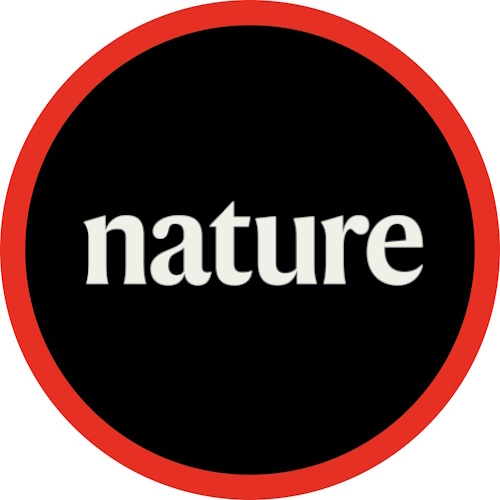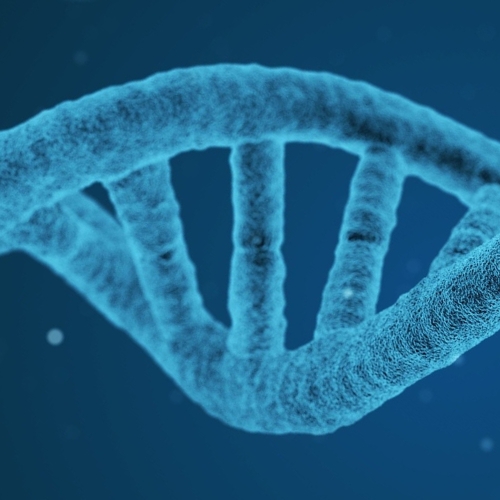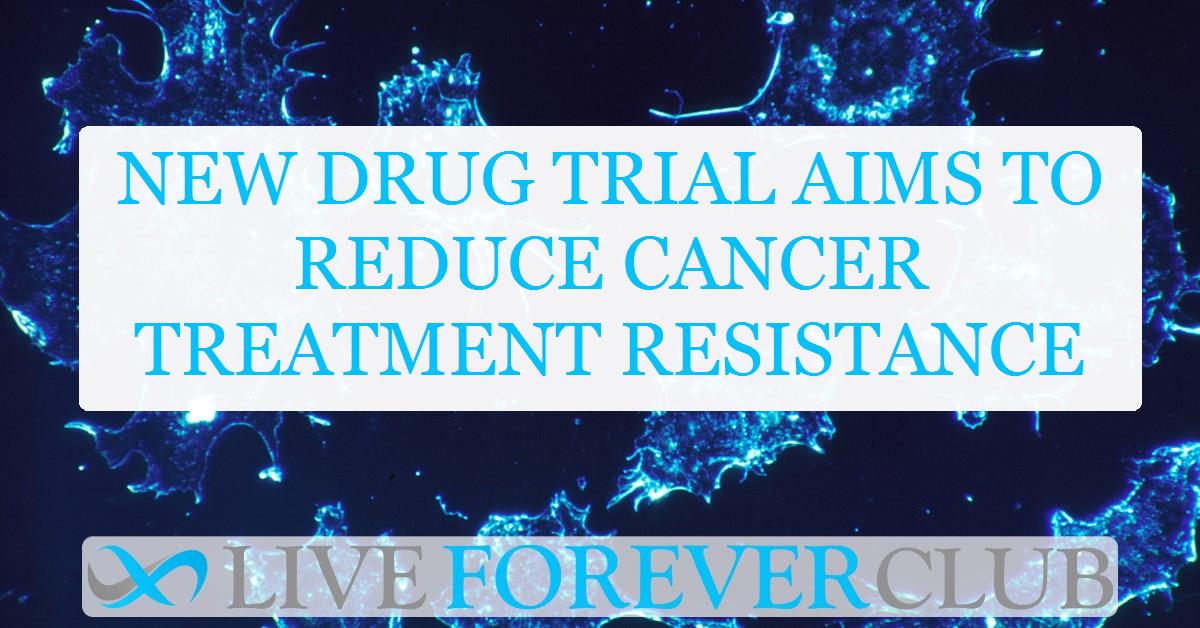Key points from article :
Scientists from Stanford University have discovered a new way to treat aggressive cancers by targeting extrachromosomal DNA (ecDNA)—small rogue DNA loops that promote tumor growth and resistance to chemotherapy. In a collaborative study between the US and the UK, researchers analyzed tumors from nearly 15,000 UK patients, representing 39 types of cancer.
They found that more than 17% of these cancers contained ecDNA, which promotes cancer progression by carrying genes that enhance tumor growth and suppress immune response. These ecDNA fragments disrupt normal treatment responses by allowing tumors to evade the immune system and build resistance to common therapies.
Most human DNA is carried on 23 pairs of chromosomes in the nucleus, but ecDNA exists outside this structure, creating genetic chaos during cell division. This chaos leads to uneven ecDNA inheritance among tumor cells, boosting genetic diversity and making these cancers particularly difficult to treat. Published across three papers in Nature, this research offers an in-depth look into ecDNA’s role in cancer resilience and its ability to help tumors outsmart the body’s defenses.
The researchers, funded by Cancer Grand Challenges, an initiative by Cancer Research UK and the US National Cancer Institute, identified a promising drug class called CHK1 inhibitors.
Early-stage trials with a CHK1 inhibitor developed by Boundless Bio—a start-up co-founded by researcher Paul Mischel—show that it can selectively target and destroy tumor cells with ecDNA. In mice, this drug, combined with standard anti-cancer treatments, reduced tumors and prevented drug resistance.
These findings open the door to potential new treatments for patients with limited options, especially those with aggressive tumors fueled by ecDNA. By focusing on the vulnerabilities ecDNA introduces, scientists aim to transform cancer treatments, offering hope to patients affected by these hard-to-treat cancers.









